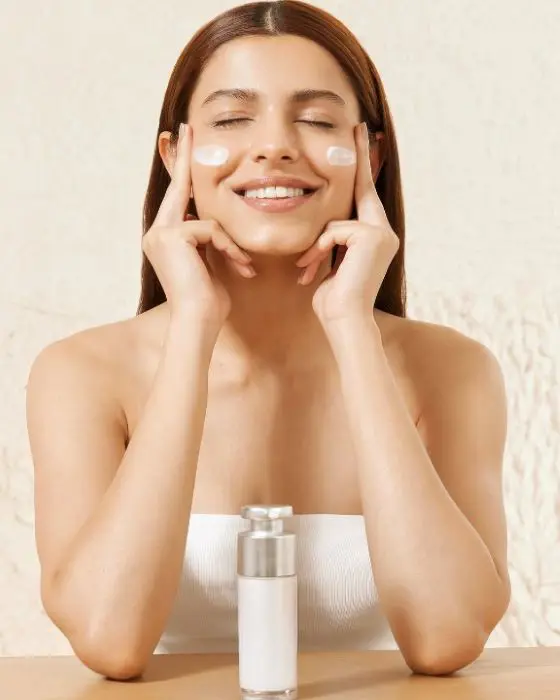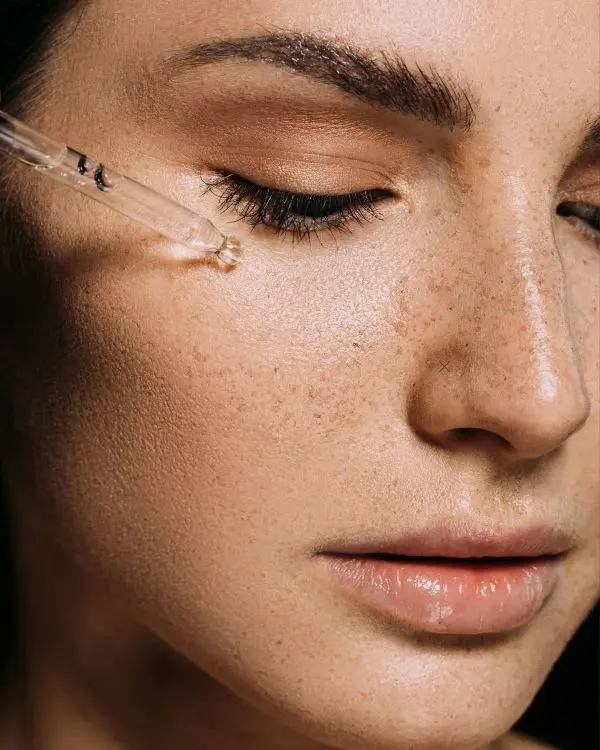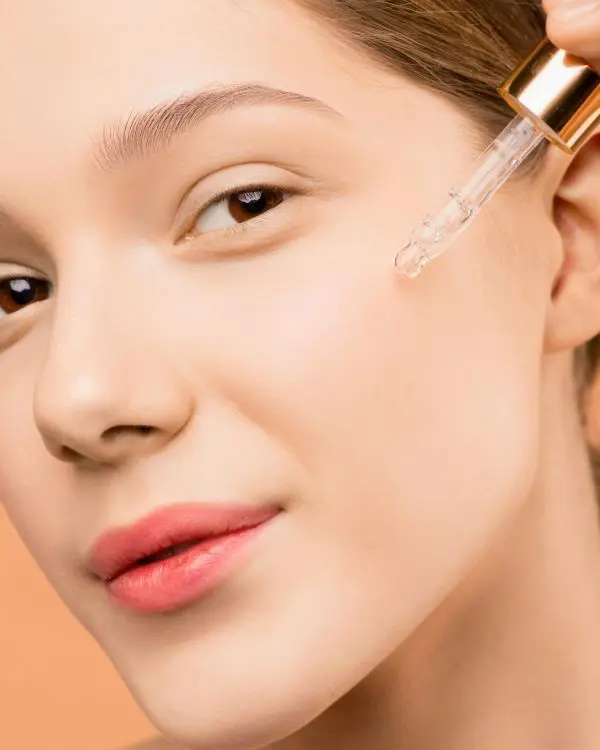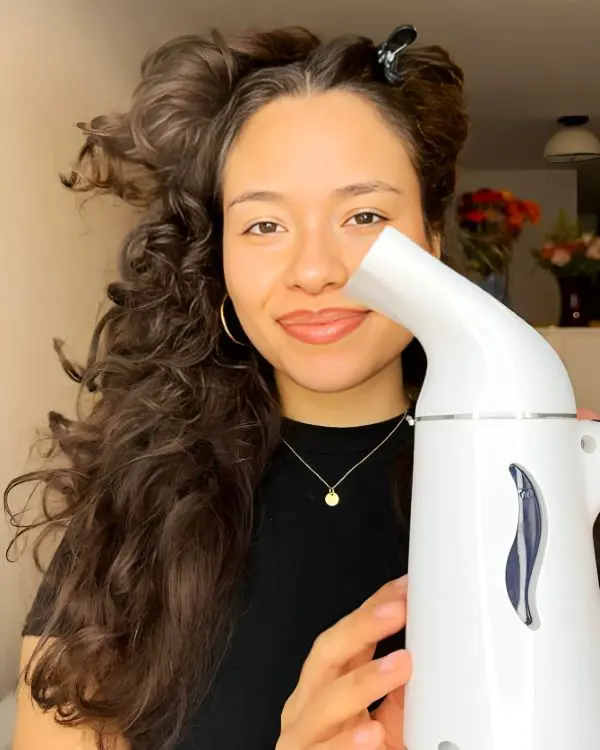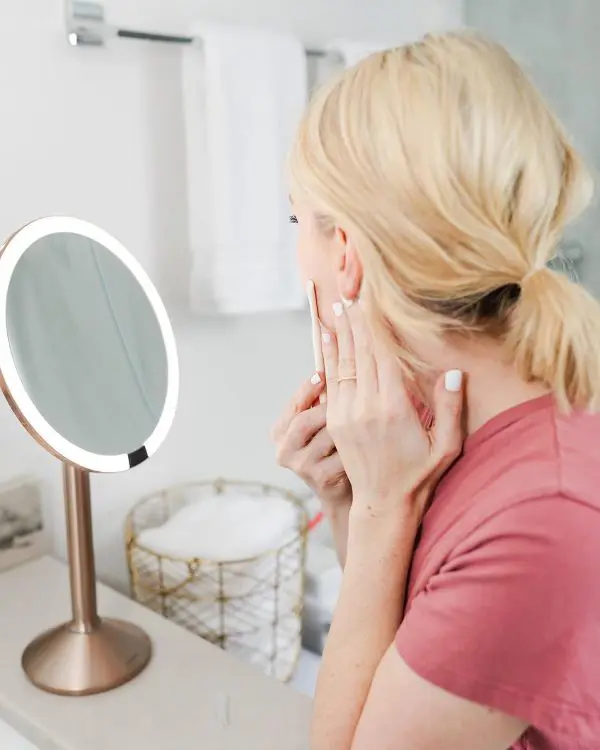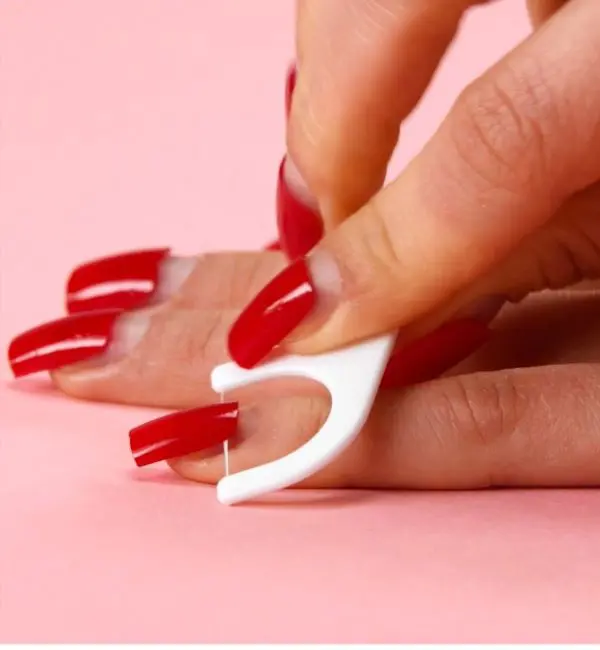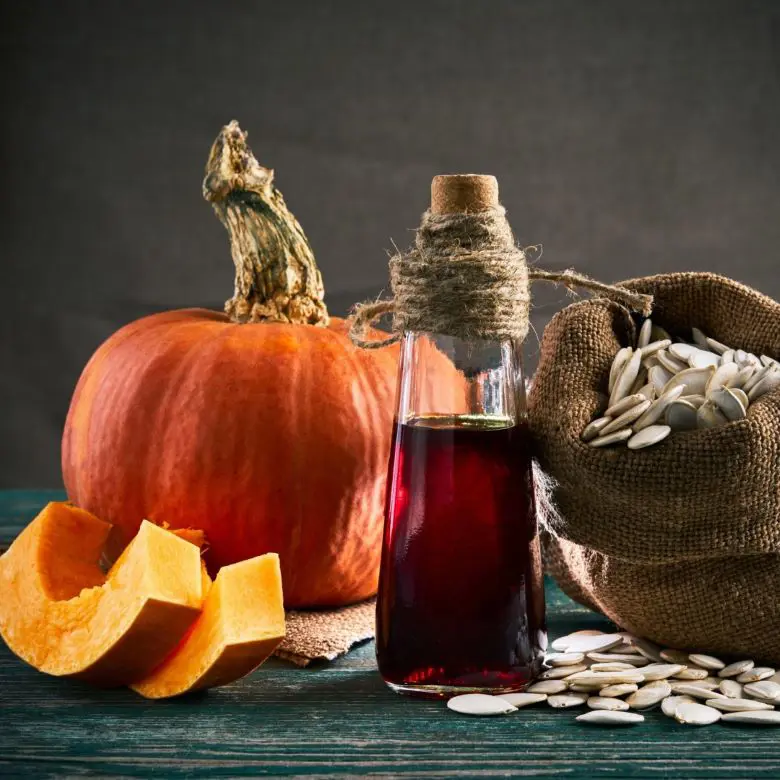Quiet or reflective moments often lead to habitual nail biting, as your fingers unconsciously find their way to your mouth.
Although frequently dismissed as a harmless quirk, this habit can have more serious physical and emotional consequences than many realize, affecting individuals across all age groups.
But don’t worry! This article will explore the reason for nail biting, the risk involved, and proven ways to quit the habit.
It will also provide guidance on how to properly care for your nails moving forward.
Let’s dive in and explore the causes together.
1. Stress And Anxiety

The habit of nail biting is widely associated with managing nervousness, anxiety, or stress, even if briefly.
The repetitive nature of the act can have a calming effect, offering temporary relief from emotional tension.
For instance, individuals might unconsciously bite their nails during high presentations, or confrontations.
This behavior provides distraction from their feeling of unease, even if only momentarily.
2. Boredom
For some people, nail biting arises from a lack of stimulation or engagement.
When individuals are idle, their minds may wander, lending them to unconsciously pick at or bite their nails to fill the void.
This habit becomes particularly prominent during activities that require little mental effort, such as watching TV, waiting in line, or sitting through long meetings.
Over time, nail baiting transitions from a sporadic behavior into a deeply embedded habit, triggered automatically in moments of boredom.
3. Perfectionism
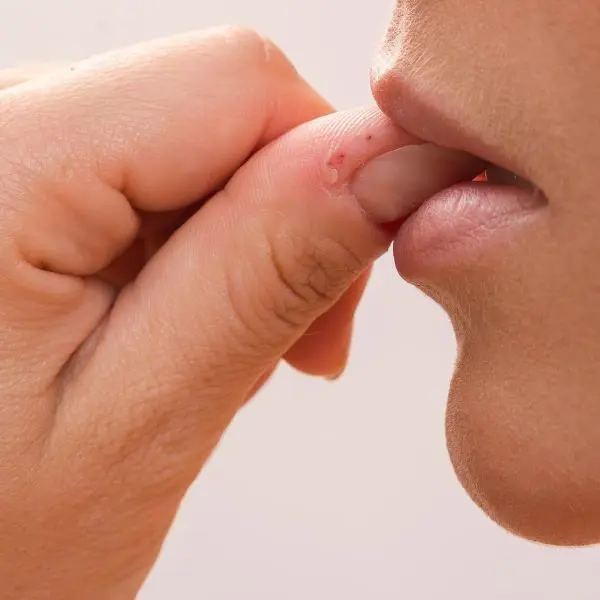
Those with perfectionist tendencies often bite their nails in an attempt to “fix” perceived imperfections.
For the perfectionists, tiny chips or rough edges can become excruciating torture that triggers a compulsion towards nail biting to restore their smoothness.
This focus on minor flaws can become obsessive, making the habit difficult to break.
While the individual aims for perfection, the result is often further damage to the nails, perpetuating a cycle of dissatisfaction.
4. Habitual Behavior
What causes nail biting? This behavior is commonly rooted in childhood, arising from stress, boredom, or observing others.
As the years pass, this habit becomes a routine, remaining in adulthood despite no longer being necessary.
Unconscious nail biting frequently accompanies times of emotional discomfort or idleness.
Breaking this habitual behavior requires conscious effort and consistent interventions.
5. Hereditary Tendencies

Genetic predisposition is a significant factor in nail biting. Research indicates that individuals with family members who bite their nails are more likely to develop the same habit themselves.
This connection suggests that genetic factors may influence susceptibility to compulsive behaviors.
However, the transmission of this habit is not solely biological; environmental factors such as observing a parent or sibling engaging in nail biting, also play a role.
6. Neurotransmitter Imbalances
The link between nail biting and dopamine imbalances highlights how brain chemistry can drive compulsive behaviors.
Changes in dopamine levels can promote impulsive behaviors, such as nail biting, by rewarding the act.
Through its repetitive action, nail biting may trigger dopamine, creating brief moments of relief or gratification.
With time, this reinforces the habit, even when the negative consequences become apparent.
Side Effects Of Nail Biting
-
Nail Damage
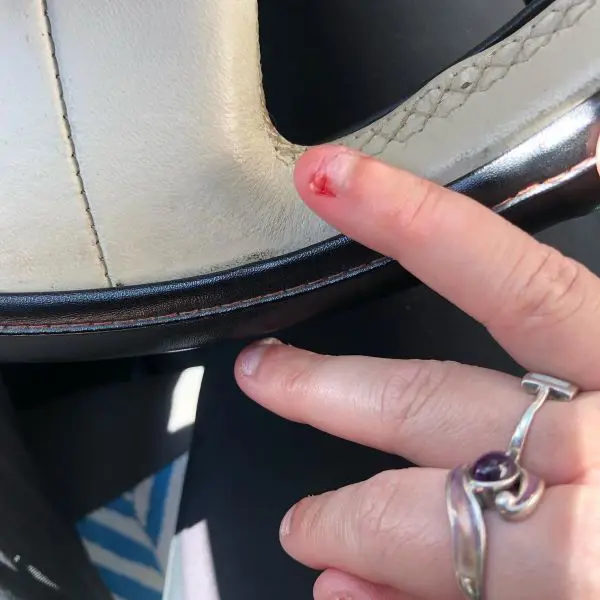
The constant pressure from biting weakens the nail structure, leading to uneven growth and deformities. In extreme cases, nails become brittle, crack, or split.
It deforms the nails, making proper regrowth difficult and perpetuating a cycle of biting in search of 'perfection.
-
Infections
Nail biting could increase the risk of introducing harmful bacteria and fungi into your nail bed.
Often, nail biting creates breaks or irritates the surrounding skin, which, with time, gives additional access to pathogens.
This makes you prone to getting infections such as paronychia or an infection of the skin bordering your nails.
Without early treatment, the infection may progress to show pus, redness, and swelling, possibly becoming chronic and needing medical attention.
-
Dental Issues
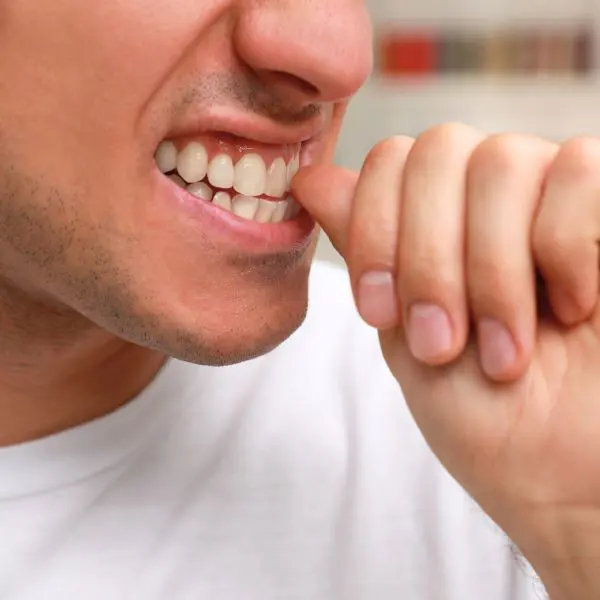
Chronic nail biting can result in several serious oral health issues. The constant pressure from biting rigid surfaces can chip, crack, or misaligned teeth.
Eventually, it could also wear out the enamel and lead to sensitivity in the teeth.
This repetitive biting motion can start undue stress on the jaw and can develop into temporomandibular joint dysfunctions, resulting in jaw pain or headaches and/or difficulty chewing.
-
Digestive Problem
Swallowing fragments of nails can cause significant gastrointestinal problems in individuals.
If swallowed small pieces of nails, it may irritate the digestive tract causing pain in some parts, nausea, or even cause other extreme problems if they become lodged or injure the internals.
Gradually, they enter into the body and cause irritation accumulation in the stomach as well as intestines, which will likely lead to much more serious issues in terms of digestive health.
-
Low Self-Esteem
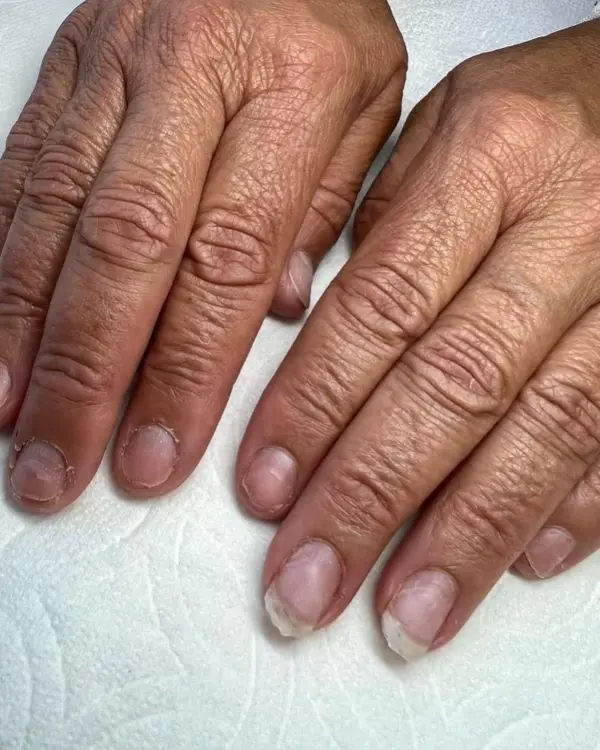
Nail biting can damage self-esteem, leading individuals to feel ashamed or inferior about the state of their nails.
This negative self-image can perpetuate a cycle of low self-worth, as the inability to overcome the habit may be seen as a failure, causing frustration to build.
-
Embarrassment
Nail biting can lead to visible damages, such as ragged nails and cuticles, which may make individuals feel self-conscious, especially in social settings.
People may avoid showing their hands, feeling embarrassed about their appearance.
This embarrassment can lead to heightened anxiety, particularly in social or professional situations where individuals fear being judged for their habit.
How To Stop Nail Biting?

Awareness Techniques
Identifying the situations and locations where you tend to bite your nails is crucial for overcoming the habit.
This awareness helps you anticipate and counteract those moments.
By staying mindful, you can take steps—such as distracting yourself or consciously relaxing your hands—to prevent the behavior.
Replacement Behavior

After you become aware of when and why you’re doing it, it is crucial to introduce proper coping mechanisms.
For instance, you could rub the intricacies of a stress ball or a pen or pencil.
The next reliable substitution is to chew on sugarless gum to help manage nail biting, if it was caused by stress or free time.
Just the simple act of chewing can keep your mind off things and the motion of chewing can even be calming for your mind and mouth.
These practices promote mindfulness, relaxation, and focus helping in setting apart one's attention from nail biting.
Bitter-Tasting Nail Polish
Use bitter nail polish to stop nail biting. These polishes taste disagreeable, and you notice instantly when you put fingers in your mouth.
Bitter nail polishing efficiency lies in a very strong ability of negative reinforcement-as you bite your fingernails and take a taste, your brain connects this action with unloved feelings.
As soon as you detect the unpleasant flavor, it serves as an on-the-spot cue to cease the biting, thus continuously reinforcing this intervention as a reminder to break the cycle.
Nail Covers
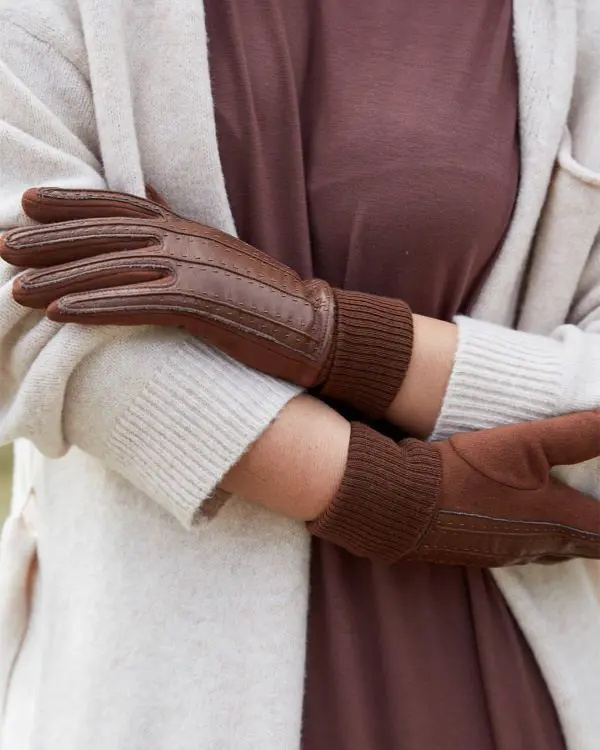
Nail covers are another treatment for nail biting disorder. Wearing nail covers, such as adhesive bandages or gloves, can physically prevent you from biting your nails.
By blocking access to your nails, you remove the opportuning for the behavior to occur.
This intervention works well for individuals who have developed a strong, automatic habit of biting nails.
While wearing nail covers can be a useful temporary intervention, it's important to remember that the goal is to eventually wean off this physical barrier.
Regular Nail Maintenance
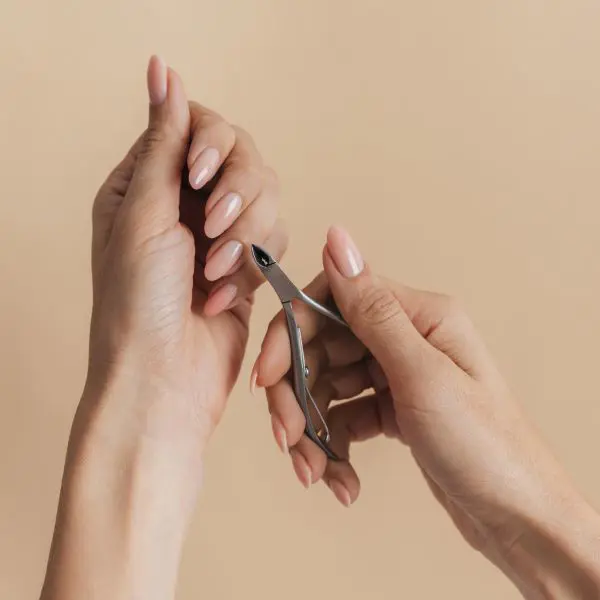
Nail biters approach this habit with another strategy-known as 'a well-groomed nail'.
This approach encourages trimming and filing your nails regularly to reduce triggers for biting.
The neat nails presentation will help you avoid the possibility of nail biting because it is not a deliberate activity.
Cognitive Behavioral Therapy (CBT)
CBT assists its clients to modify adverse thoughts that lead to the development of compulsion.
Through CBT, you will learn how to replace the automatic response of biting nails with more constructive coping strategies.
In many cases, individuals can gain substantial control over their urges and, with continued therapy, may even eliminate nail biting completely.
How To Care For Your Nails
-
Apply Moisturizer
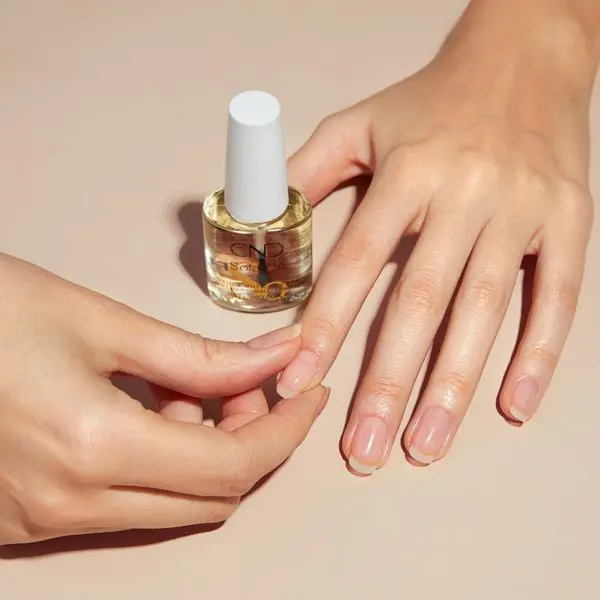
Consider moisturizer as a nail biting treatment as it can prevent cracking, peeling, and breaking.
To maintain moisture, apply a rich hand cream or cuticle oil daily. Moisturizing the cuticles prevents hangnails and leads to healthy nail growth.
Such hand creams aid with rich, nourishing ingredients such as shea butter or even vitamin E to condition and protect nails from the deepest part of the nail bed.
-
Gentle Cleaning
Dirt, oils, and bacteria gather at your nails, and thus, you need to clean it regularly.
The harsh cleaning tools damage your nails by weakening the internal structure of the nails so that the nails are more likely to break.
Gentle scrubbing with a nail brush and warm water should do enough.
Moreover, dry your nails thoroughly to avoid any moisture which might be trapped under the nail against the skin, encouraging fungal growth.
Even nail paint needs to be removed; preferably using a non-acetone nail polish remover, to eliminate the chances of your nails and cuticles getting dried.
-
Balance Diet
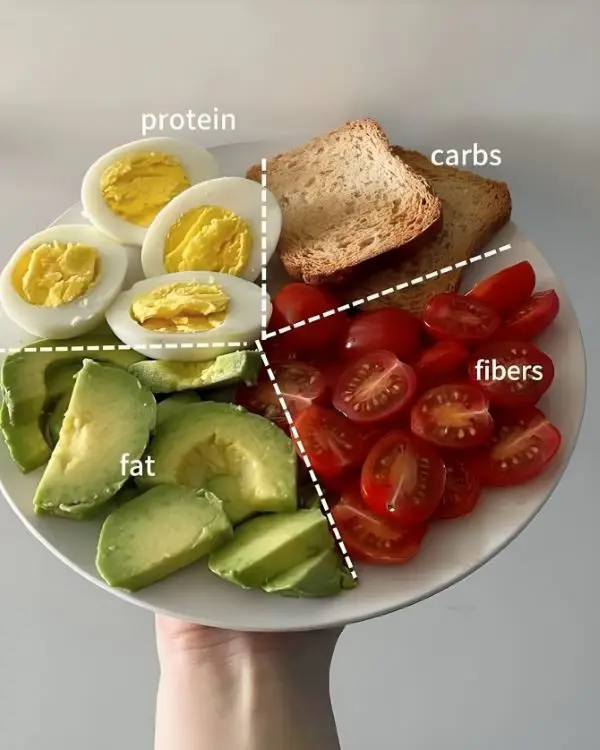
For nail health, a nutritious diet does matter. Consuming foods that are rich in biotin, zinc, and proteins tends to strengthen nails and augment their growth.
Water consumption is equally essential because hydration bears on both the strength and flexibility of your nails.
A balanced diet increases your health as well as the health of your nails and makes them more impervious to damage or breakage.
-
Manicures
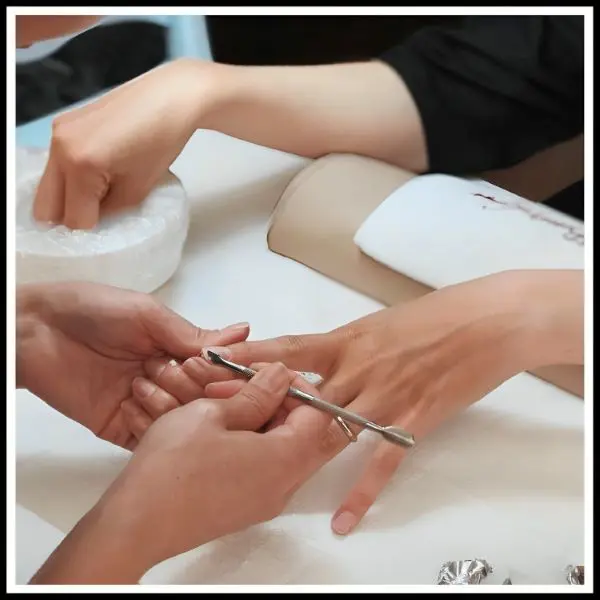
Yes, a manicurist also cuts and reforms your nails but they do more than that, they scrub the skin around the nails and even remove some of the cuticles and moisturize around the area.
Manicure treatments are associated with the reduction of nail biting through clean and well tended nails. Regular manicures will promote your nail health and, most importantly, self-care.
You can rely on occasional professional treatments every few weeks if you can't do the nail upkeep on your own.
Summary
To stop nail biting, enlist support from family, friends, or online communities to stay motivated and accountable.
Track your progress using a journal or app, and reward yourself with non-nail-related treats when reaching milestones.
Understand that relapses may happen, so stay positive and patient throughout the process.
Analyze triggers that lead to relapses and develop strategies to prevent them, ensuring long-term success in overcoming the habit.



